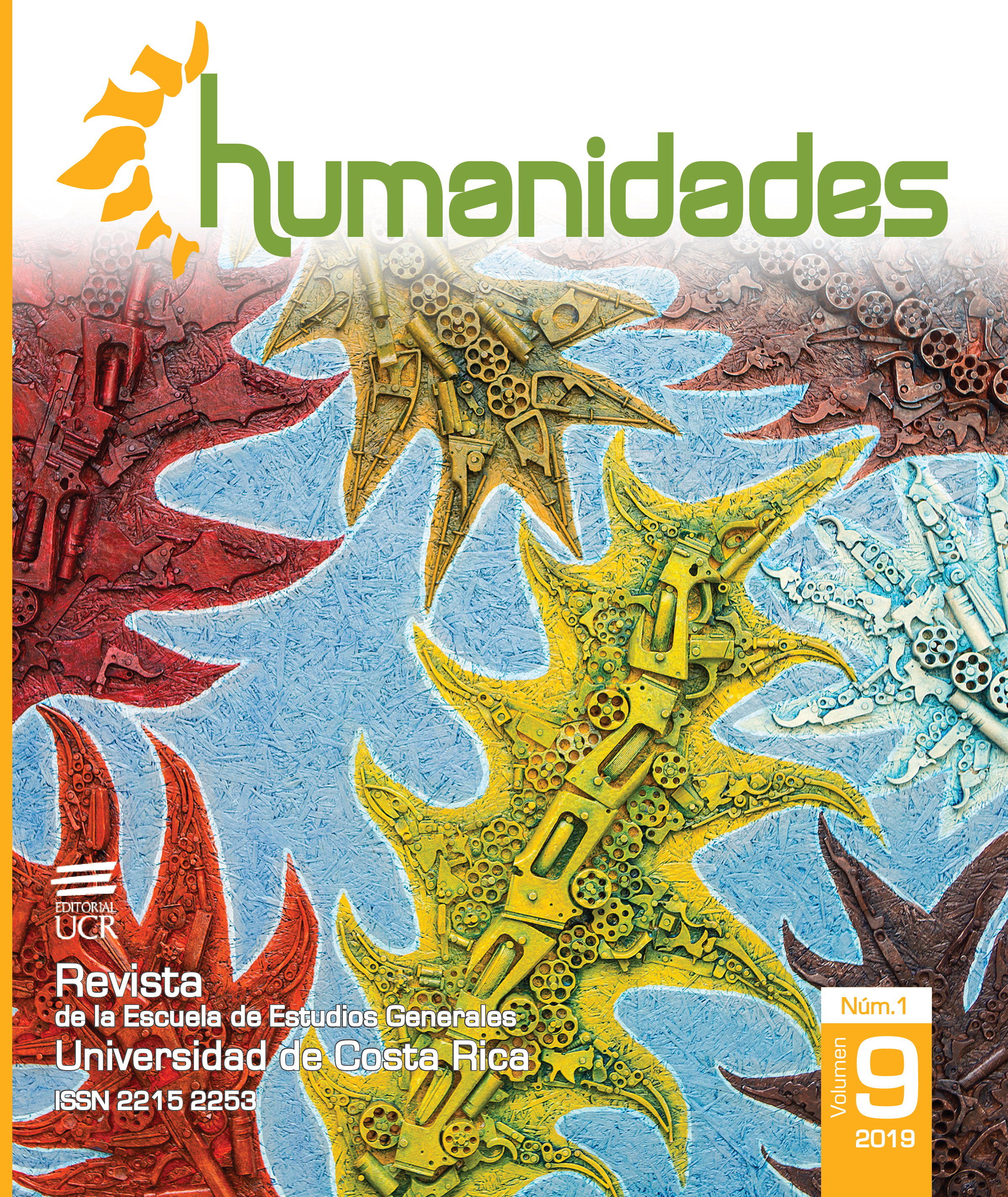Abstract
This article proposes to approach the field of art as a possible space for social transformation. Focusing on the performative capacity of images, and on the articulation processes of subjects and identities, different artistic practices are presented that propose new visual narratives that subvert and transform hegemonic imaginaries about bodies, desire and identities from a feminist and queer perspective. From authors like Judith Butler or Chantal Mouffe and the theoretical articulation they make in relation to identity from an anti-essentialist perspective, certain concepts (such as performativity, reappropriation or citationality) will be retaken, which have allowed the reformulation of subjectivity in new political and social terms and have permeated the visual work of a diversity of contemporary artists. For this purpose, different proposals will be analyzed. These proposals, located in the field of visual arts and through various formats (such as photography or mural painting), have burst in recent years in the dominant imaginaries and have involved a restructuring of the symbolic landscape with regard to issues such as gender, raciality, sex, sexuality or desire.
References
Barbarelli, G. y Vecellio, T. (1510). Venus dormida (Pintura). Alemania, Galería de Pinturas de los Maestros Antiguos. Recuperado de http://aldapetarte.blogspot.com/2009/09/la-venus-dormida-de-giorgione-pintado.html
Butler, J. (2000). El marxismo y lo meramente cultural. New Left Review, (2), 109-121.
Butler, J. (2005). Giving an account of oneself. New York: Fordham University Press.
Butler, J. (2006). Precarious Life. The powers of mourning and violence. London. New York: Verso.
Butler, J. (2010). Frames of war. When is life grievable? London: Verso.
Cabello, H. y Carceller, A. (2011). Archivo: Drag Modelos (Exposición defotografía). España, Las Palmas de Gran Canaria, Centro Atlántico deArte Moderno (CAAM). Recuperado de http://www.caam.net/es/galerias_int.php?n=61
Cortés, J. M. (2000). Introducción. En H. Cabello, A. Carceller, D. Cameron, A. Martínez y A. Navarrete, Zona F. Una exploración sobre los espacios habitados por los discursos feministas en el arte contemporáneo. (Catálogo de exposición). Castelló: EACC.
Esquivel, A. (2014). Memorial Garden (Exposición de arte). España, Las Palmas de Gran Canaria, Centro Atlántico de Arte Moderno (CAAM). Recuperado de http://www.alexisesquivel.com/index.php/seleccion-previa-de-obras/
Fernández, A. (2012). Usos performativos de las imágenes. En Re-Visiones, (2), 1-5. Recuperado de: http://www.re-visiones.net/index.php/RE-VISIONES/issue/view/9
Garbayo, M. (s.f.). Estrategias estéticas. REVISTA PIPA, (3), 18-27.
García, C. (2003). Mujeres, amor y mentiras (Fotolibro de artista). Madrid: TF.
Manet, E. (1863). Le Déjeuner sur l’Herbe [Desayuno sobre la hierba] (Pintura). Paris, Museo de Orsay. Recuparado de http://www.manet.org/luncheon-on-the-grass.jsp
Mouffe, C. (2005). On the political. New York: Routledge.
Mouffe, C. (2007). Prácticas artísticas y democracia agonística. Barcelona: MACBA.
Mouffe, C. (2009). Feminismo, democracia pluralista y política agonística. Debate Feminista, 40, 86-99.
Pérez, P. (2007). Márgenes del género: Judith Butler y la deconstrucción. En C. de Peretti y E. Velasco (Eds.), Conjunciones. Derrida y compañía (pp. 357- 381). Madrid: Dykinson.
Ranciére, J. (2010). El espectador emancipado. Castellón: Ellago.
Sánchez, S. (2015). La pintura de historia en la perspectiva postcolonial. Entrevista a Alexis Esquivel. Arte y políticas de indentidad, 13, 271-286.
Thomas, M. (2006). Afro Goddess with Hand Between Legs (Impresión cromogénica). Chicago, Galería Rhona Hoffman. Recuperado de https://www.phillips.com/detail/MICKALENE-THOMAS/NY040315/32
Thomas, M. (2010). Le déjeuner sur l’herbe: Le Trois Femme Noires (Fotografía). Estados Unidos, Seattle Art Museum. Recuperado de https://www.artsy.net/artwork/mickalene-thomas-le-dejeuner-sur-lherbe-les-trois-femmes-noires-2
Vogel, F. (2011). El rostro de Antu. O de Agata, Cole, Desislava, Dina, Emily, Joanna, Katia, Mihaela, Lisa, Sam o Toni. Acerca de Archivo: Drag Modelos de Cabello/Carceller. En Cabello/Carceller. Archivo: Drag Modelos. (Catálogo de exposición). Las Palmas de Gran Canaria: Centro Atlántico de Arte Moderno (CAAM).


